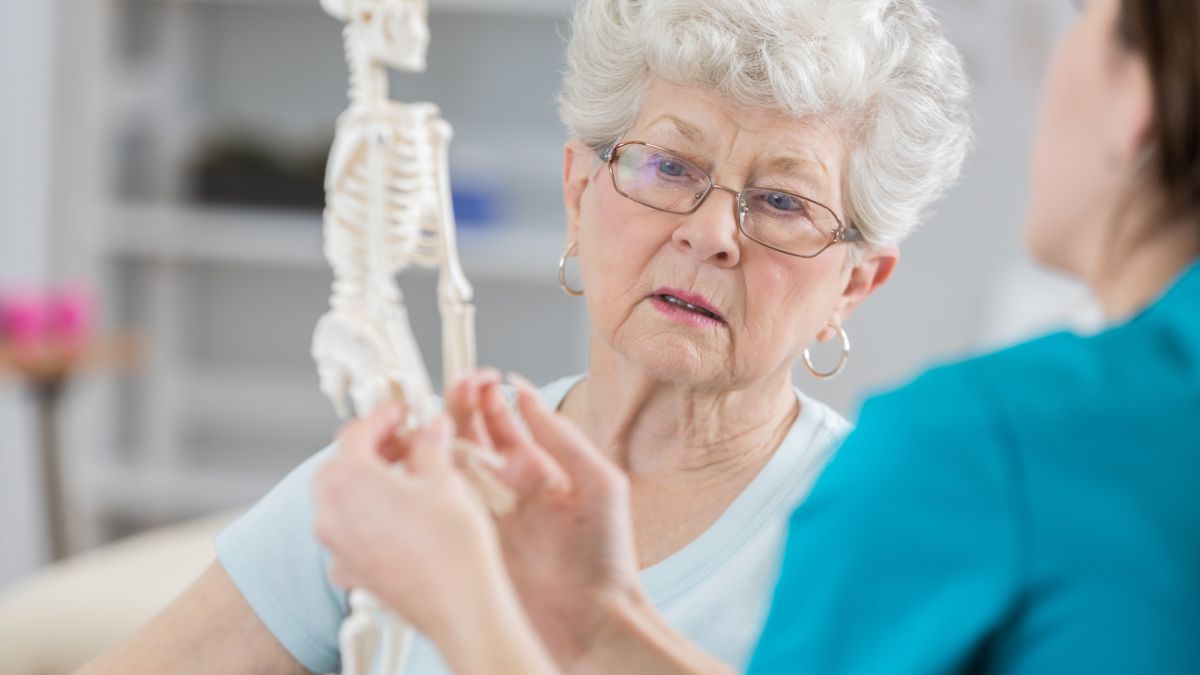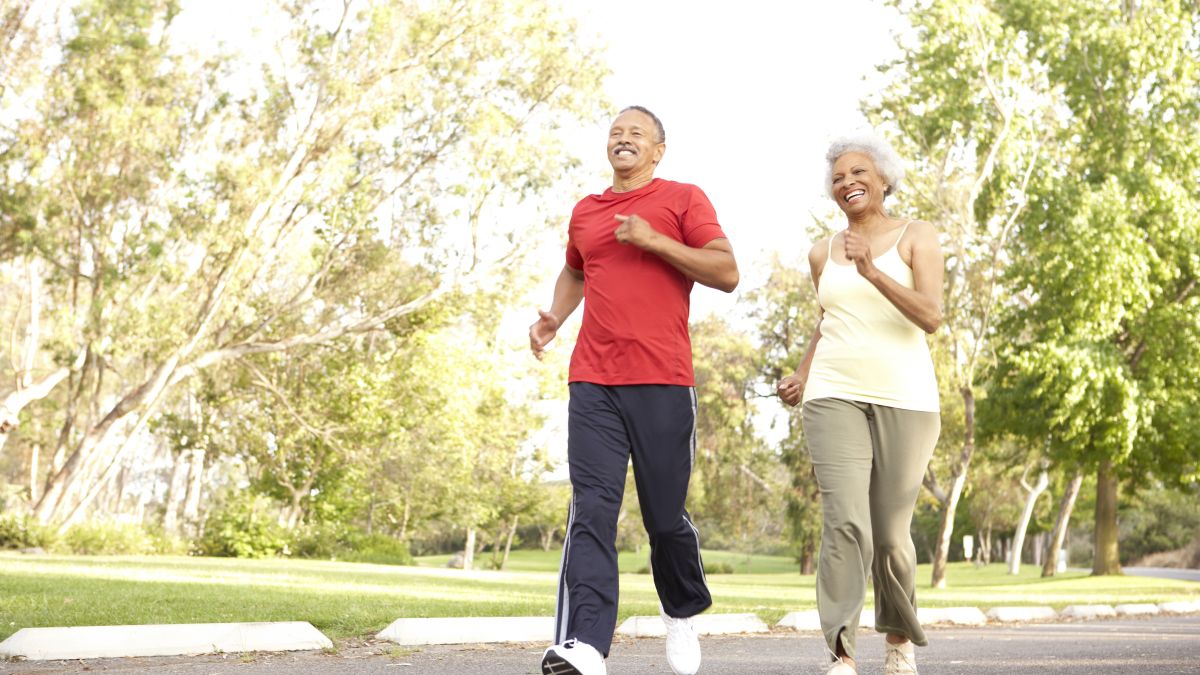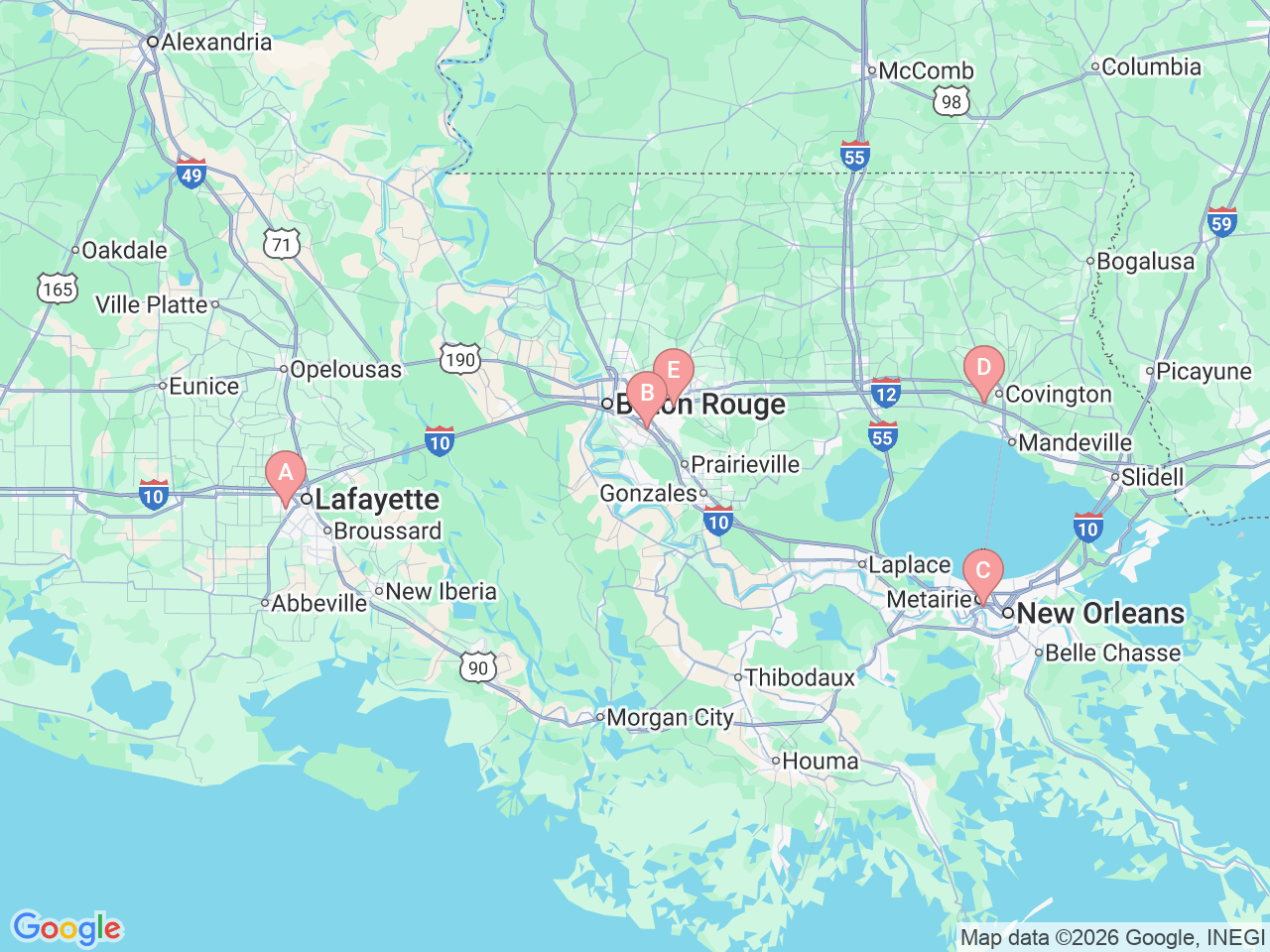Why choose Ochsner Health for osteoporosis care?
Your bones are the foundation of a healthy, active lifestyle. As you age, bone loss can occur faster than your body can rebuild it, leading to osteoporosis. This is a condition that weakens bones and increases the risk of fractures.
At Ochsner Health, our Fracture Care Clinics in Lafayette, Baton Rouge, New Orleans and Covington, Louisiana provide specialized care for patients who have experienced an osteoporosis-related fracture. We help patients strengthen their bones, lower the risk of future fractures and maintain long-term mobility and independence.
As one of the first programs of its kind in the region, our clinics offer comprehensive osteoporosis treatment and fracture prevention for both men and women. Services include bone density testing, medication management, nutritional counseling and physical therapy. Each patient receives a personalized care plan designed to improve overall bone health and prevent repeat injuries.
Ochsner Health is committed to helping you stay strong, active and fracture-free at every stage of life.










